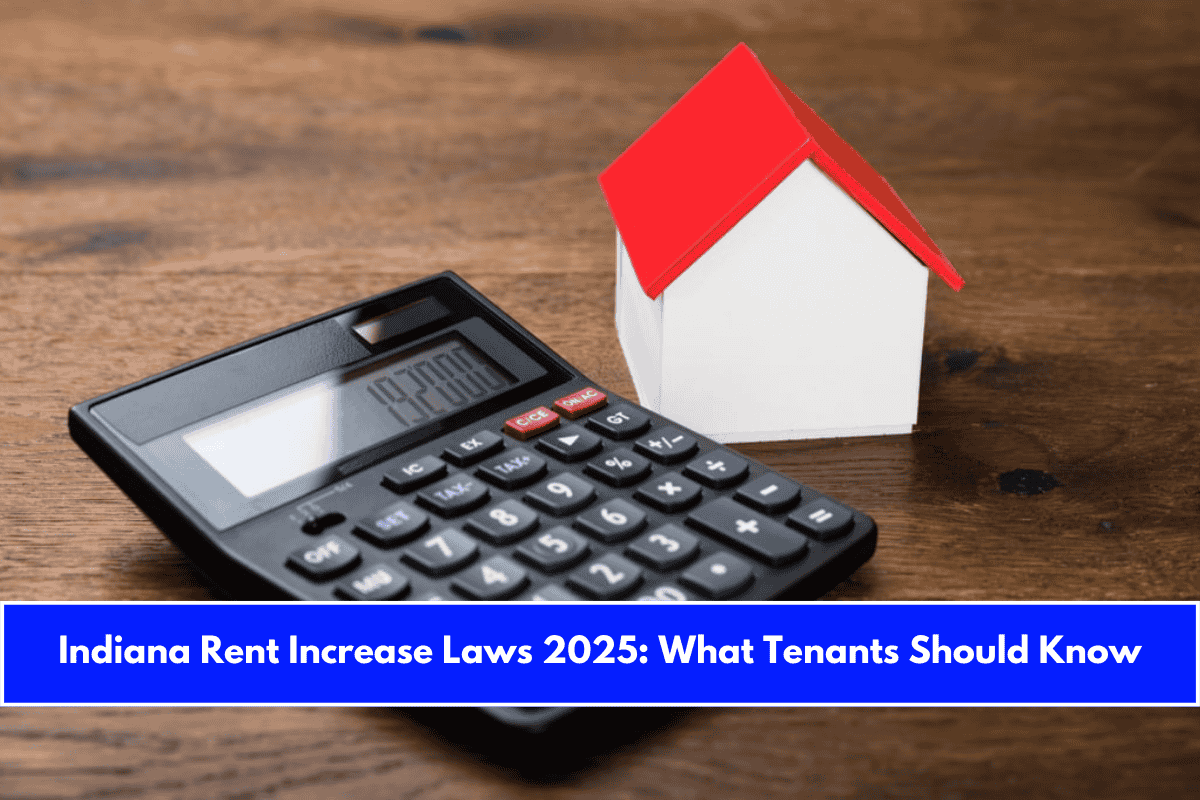As of 2025, Indiana remains a landlord-friendly state with minimal statewide restrictions on how much landlords can increase rent. However, new legislative proposals and existing notice requirements shape the landscape for tenants and landlords alike. Here’s what Indiana renters need to know.
No Statewide Rent Control-But Change May Be Coming
Currently, Indiana does not have statewide rent control laws. This means there is no legal cap on how much a landlord can increase rent when a lease ends or during a month-to-month tenancy, as long as proper notice is given.
Most cities, including Indianapolis, Fort Wayne, and South Bend, do not have local ordinances limiting rent increases.
Exception: Some rare local ordinances, such as in Bloomington, may cap rent increases, but these are not the norm across the state.
Proposed Legislation: House Bill 1162
A notable development for 2025 is the introduction of House Bill 1162 in the Indiana General Assembly. If enacted, this bill would:
- Prohibit landlords from increasing rent by more than the lesser of:
- 5% plus the percentage cost of living increase, or
- 10% of the lowest rent charged in the previous 12 months.
- Limit rent increases to no more than two increments in a 12-month period.
- Require a legislative review of the impact of these caps by July 1, 2030.
As of May 2025, this bill has been introduced but not yet passed into law. Tenants should monitor its progress for potential changes to their rights.
Notice Requirements for Rent Increases
Regardless of the amount, Indiana law requires landlords to provide advance written notice before increasing rent:
- Month-to-month leases: At least 30 days’ written notice before the increase takes effect.
- Fixed-term leases (e.g., annual): Rent cannot be increased during the lease term unless the lease specifically allows it. Otherwise, increases can only occur at renewal, with notice requirements typically set by the lease (often 90 days, but 30 days is the legal minimum).
The notice must include the new rent amount, the effective date, and any changes to other terms (e.g., security deposit, late fees).
When Rent Increases Are Illegal
Even without rent control, some rent increases are prohibited:
- Discriminatory Increases: Landlords cannot raise rent based on race, religion, sex, disability, family status, or national origin (Fair Housing Act).
- Retaliatory Increases: Increases in response to a tenant’s lawful complaint or exercise of legal rights are illegal.
- Lease Violations: Rent cannot be raised during a fixed-term lease unless the lease permits it.
What Tenants Should Do
- Review Your Lease: Check for clauses about rent increases and required notice periods.
- Watch for Proper Notice: If you receive less than the required notice, the increase may be invalid.
- Negotiate or Seek Help: If faced with a steep or sudden increase, try negotiating with your landlord or contact local housing authorities or legal aid for assistance.
- Monitor Legislation: Stay informed about House Bill 1162 and other changes that could affect your rights.
Summary Table: Indiana Rent Increase Laws (2025)
| Rule/Requirement | Current Law (2025) | Proposed (HB 1162, not yet law) |
|---|---|---|
| Statewide Rent Cap | None | 5% + COLA or 10% max |
| Notice for Month-to-Month Lease | 30 days written notice | 30 days written notice |
| Notice for Fixed-Term Lease | At renewal; per lease | At renewal; per lease |
| Frequency of Increases | No limit | Max 2 per 12 months |
| Discrimination/Retaliation | Prohibited | Prohibited |
For now, Indiana tenants should expect no limits on rent increases other than required notice and protections against discrimination and retaliation. However, proposed legislation could introduce new limits, so staying informed is crucial.
Sources:
- https://www.steadily.com/blog/how-much-can-a-landlord-raise-rent-in-indiana
- https://legiscan.com/IN/text/HB1162/id/3040249/Indiana-2025-HB1162-Introduced.pdf
- https://www.hemlane.com/resources/indiana-rent-control-laws/
- https://www.landlordstudio.com/landlord-tenant-laws/indiana-landlord-tenant-laws











Leave a Reply